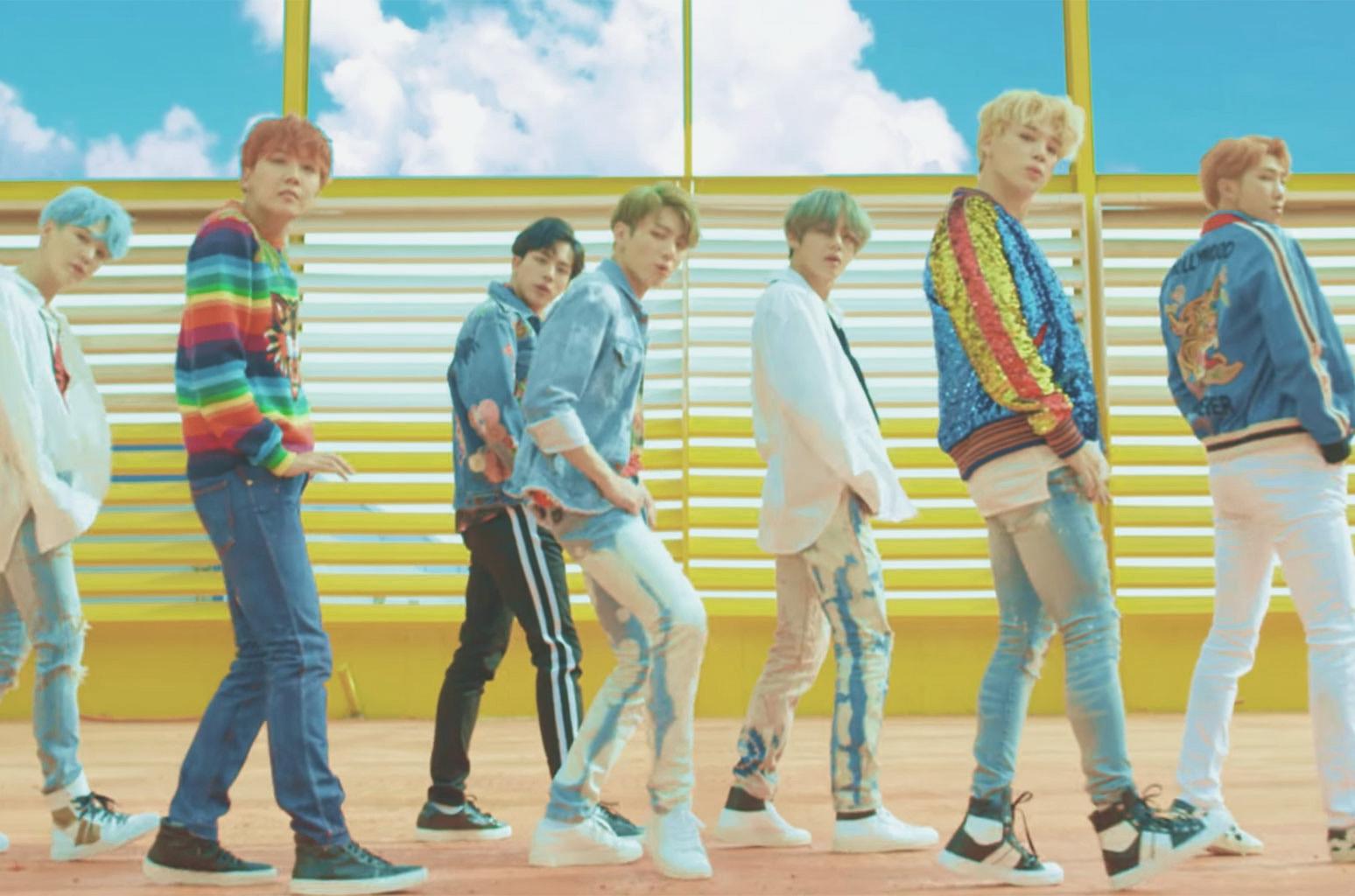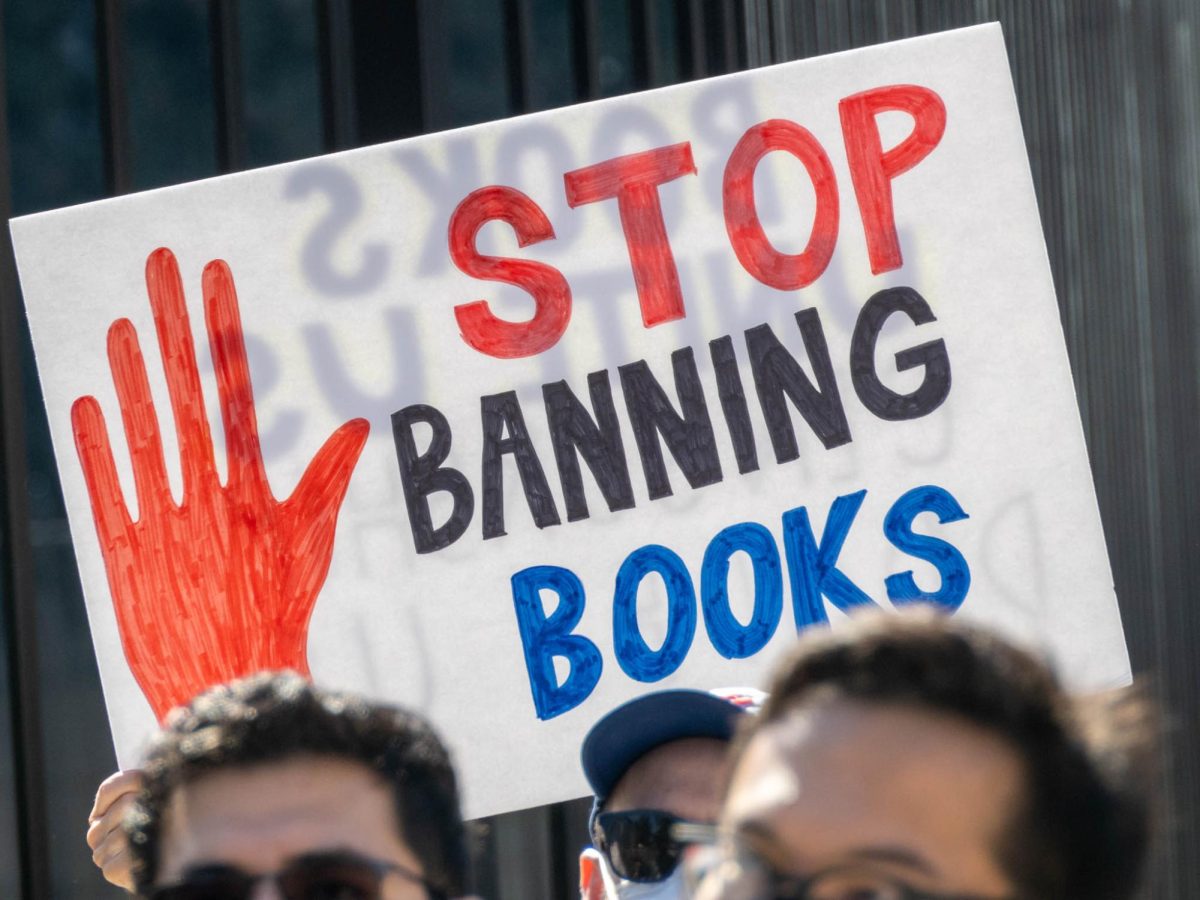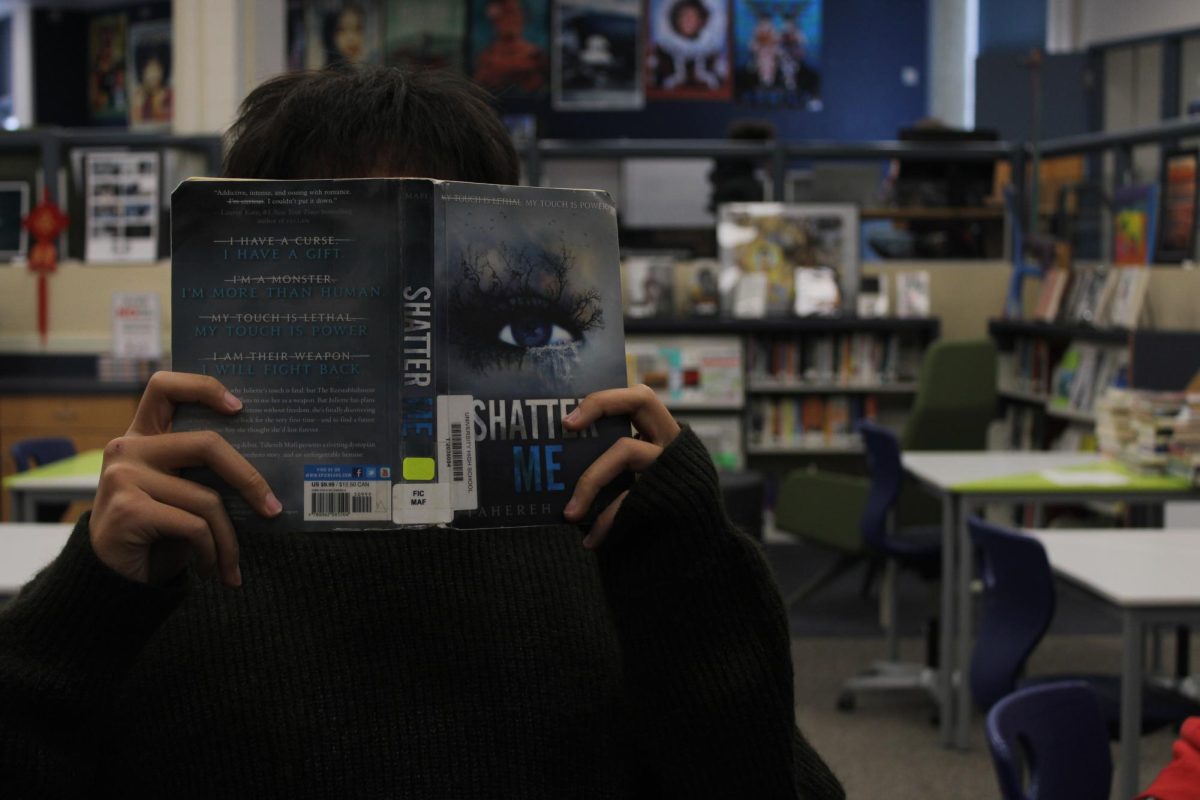
By TEAGAN SO
Staff Writer
With the advent of technology in the 21st century comes greater cultural diffusion globally. People in distant countries have become closer with just the simple click of a button, and industries have flourished across borders. Perhaps one of the greatest international industries to benefit from this new digital age is the K-pop industry.
K-pop is Korean music, known for its catchy tunes and synchronized dances, and it has become increasingly popular in places all over the world. With growing fan bases and presences internationally, K-pop idols are breaking records in musical history. Earlier this year, boy band BTS, or Bangtan Sonyeondan, made history by being the first K-pop group to win a Billboard award, beating renowned artists like Justin Bieber and Selena Gomez. According to MTV Asia, in August, girl group DreamCatcher was personally invited to perform in Thailand by their princess.
The “Hallyu Wave”, which is defined by the Korean government as “the popularity of Korean entertainment and culture across Asia and other parts of the world,” has had an enormous influence on American society. Growing interest in K-pop and K-dramas has led many fans to pursue proficiency in Korean. According to Culture, a New York entertainment blog, the enrollment of students taking Korean language courses in universities nationwide and the number of people who applied to take the TOPIK, or Test of Proficiency in Korean has risen dramatically over the past decade.
The Hallyu wave has also boosted cultural awareness. For example, cultural festivals have seen a significant growth in attendance over the past years. One remarkable instance is KCON, which is a Korean cultural festival that takes place at conventions from Mexico to the Arab Emirates. According to statistics from Fuse and Billboard, KCON Los Angeles first started here in Irvine as a one-day festival attended by 10,000 people. Five years later in 2017, KCON LA has grown into a three-day convention with two nights of concerts and a reported attendance of 85,000 people in total.
Statistically, the effects of the Hallyu Wave are blatantly clear. However, for some K-pop fans, especially those not in Asia, listening to K-pop comes with a price: being immediately dubbed as a Koreaboo.
Koreaboo is a derogatory label that implies extreme fanaticism, to the point where one would give up their own ethnicity to become Korean and fetishize Koreans. Koreaboos do actually exist, as evidenced by people who undergo plastic surgery in order to look exactly like their favorite idol or those who fetishize Koreans simply because they’re Korean. A blog called Koreaboo Stories collects stories about experiences with such people. In one such story, an anonymous user submitted a post describing a person who “…has stated on countless occasions that she feels she was meant to be born Korean.” Such people are disrespectful to the culture and to the people.
On the other hand, genuine K-pop fans learn about Korean culture and language out of interest in a country rich in history and culture. For such people, being called a Koreaboo is offensive and untrue. There is a definite line between being a fan and being a Koreaboo, and the term should not be carelessly used in any context.
With the growing popularity of K-pop, more people are starting to listen to this genre of music, and the derogatory term “Koreaboo” is increasingly thrown around as an insult. It is not a label that should be used lightly— being respectful to a culture and the people around you is not hard. Perhaps the next time you see someone jamming out to K-pop, think before you speak and label someone for being something they’re not.














ezhong • Nov 26, 2017 at 9:15 pm
i found the koreaboo
umm • Nov 24, 2017 at 3:33 pm
also i worked at kcon and it is definitely not a korean culture fest. it is a korean pop industry convention.
umm • Nov 23, 2017 at 9:38 pm
hello i am korean please don’t tell koreans how to feel about koreaboos until you clean up your community
Amrut Ayyala • Oct 29, 2017 at 8:09 pm
what a koreaboo amirite